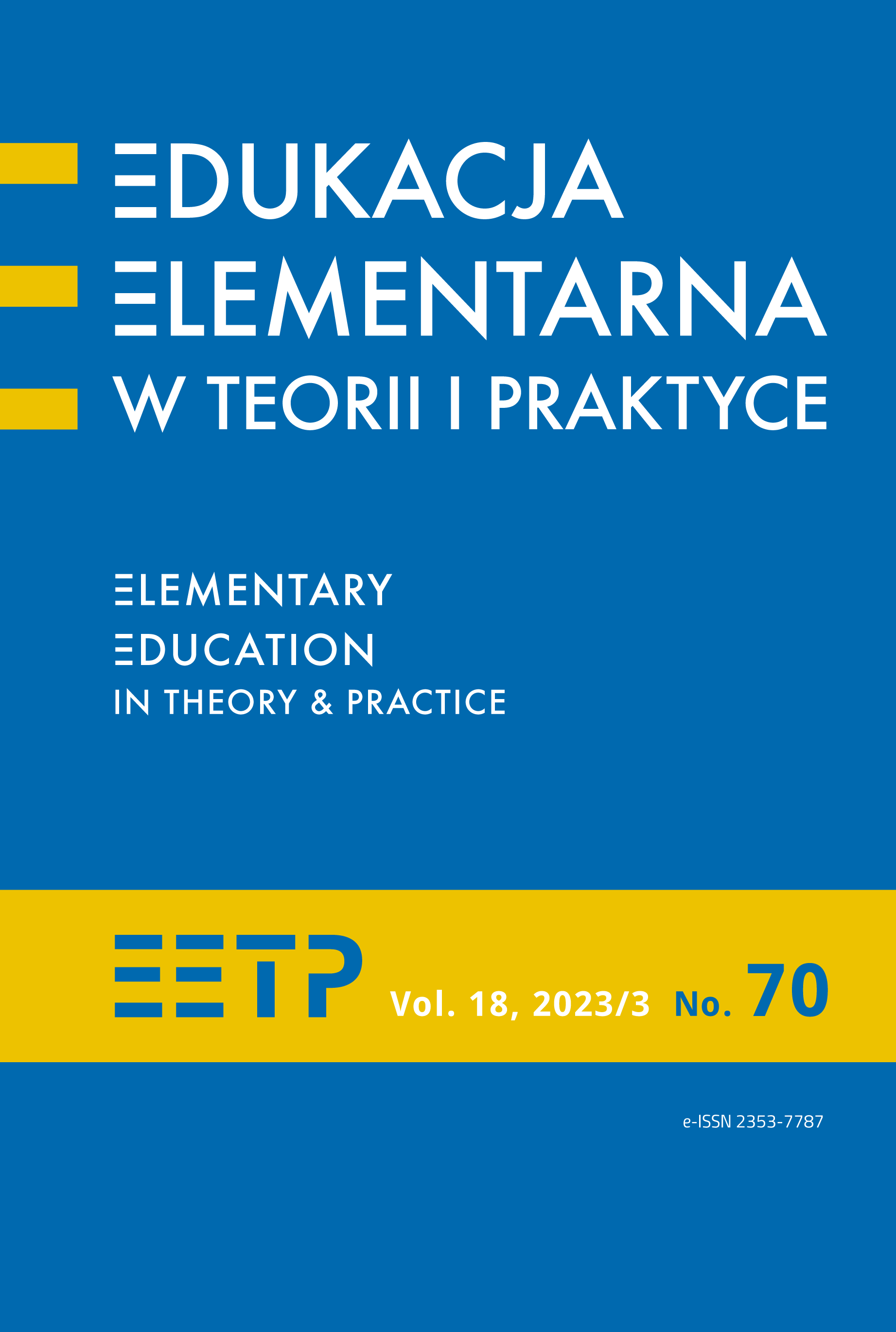Pluralizm w edukacji językowej – konceptualizacje, implikacje dydaktyczne
Pluralism in Language Education - Conceptualizations, Didactic Implications
Author(s): Marta Krasuska-BetiukSubject(s): Foreign languages learning, Educational Psychology, Pedagogy
Published by: Uniwersytet Ignatianum w Krakowie
Keywords: language v. languaging; pluralistic approaches;
Summary/Abstract: The article is a metalinguistic reflection on the didactic potential of plurilingualism and its aim is to present the conceptual assumptions of selected pluralistic concepts of language education, which linguists refer to as plurilingual pedagogies. It is a group of methodological, theoretical and practical approaches, considered not only innovative, valuable and effective, but also necessary to be used in modern education. And although plurilingualism functions in the Polish system in bilingual and international institutions, in the form of didactic concepts, programs or methodological solutions, the author sees the need for its wider use, implementation into everyday school practice, nowadays, when every child is in the process of reaching a certain level bilingualism and every teacher is a language teacher. The article presents the most important approaches: prulingualism, translanguanging and language awareness, which are used in the everyday language practice of multilingual families and communities and are used in multilingual groups, classes, and in work with children with migration experience.
Journal: Edukacja Elementarna w Teorii i Praktyce
- Issue Year: 18/2023
- Issue No: 3 (70)
- Page Range: 67-79
- Page Count: 13
- Language: Polish

